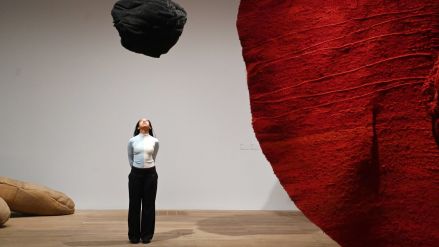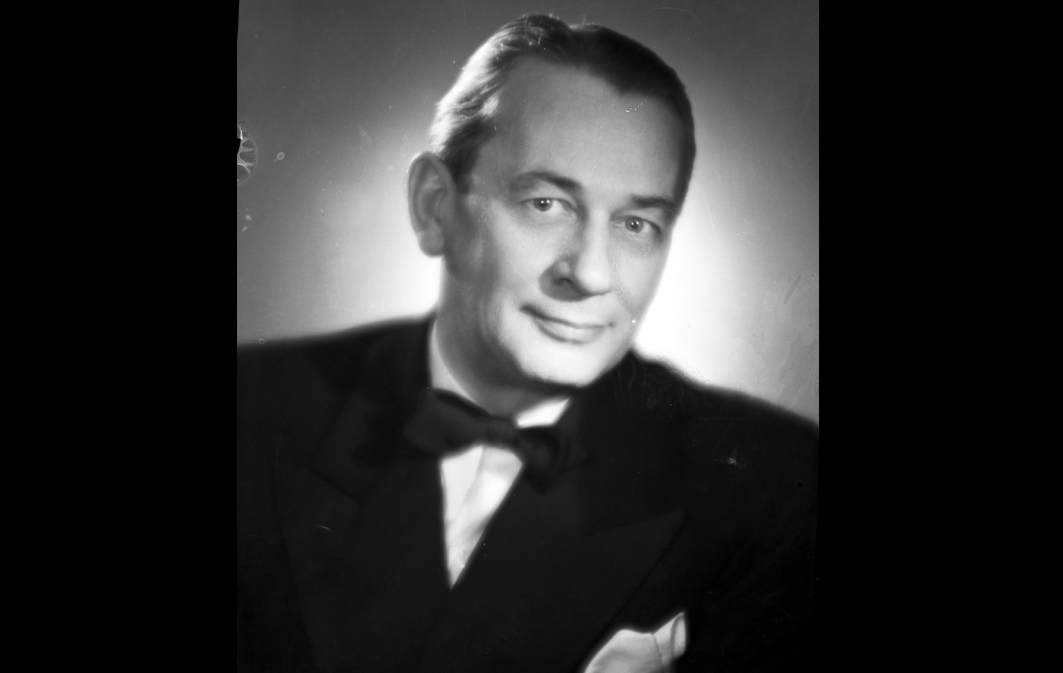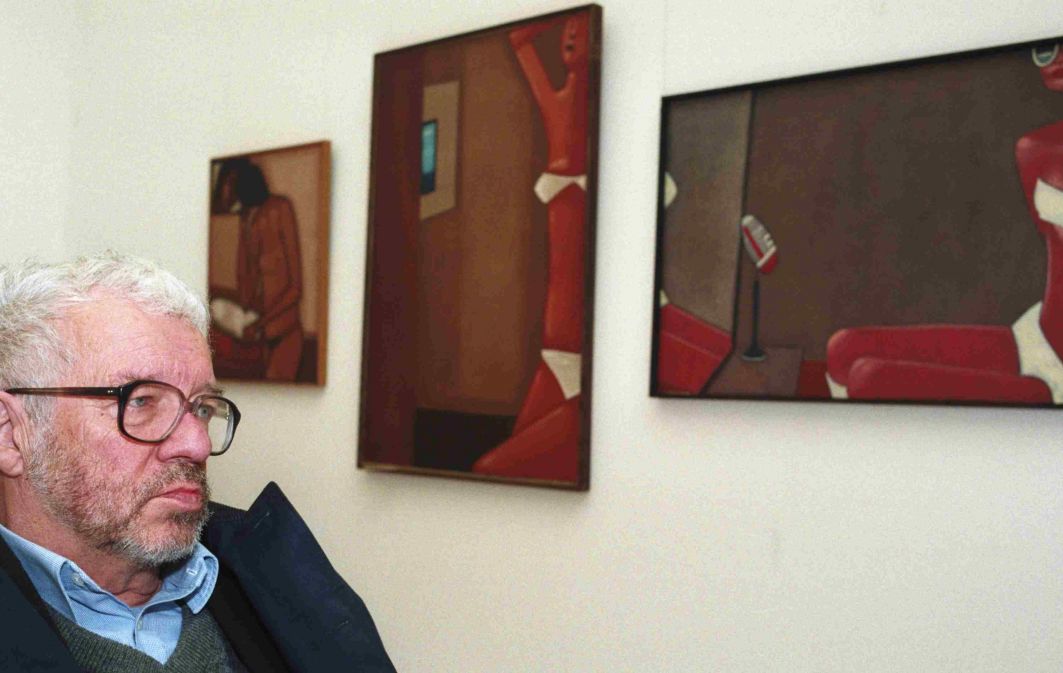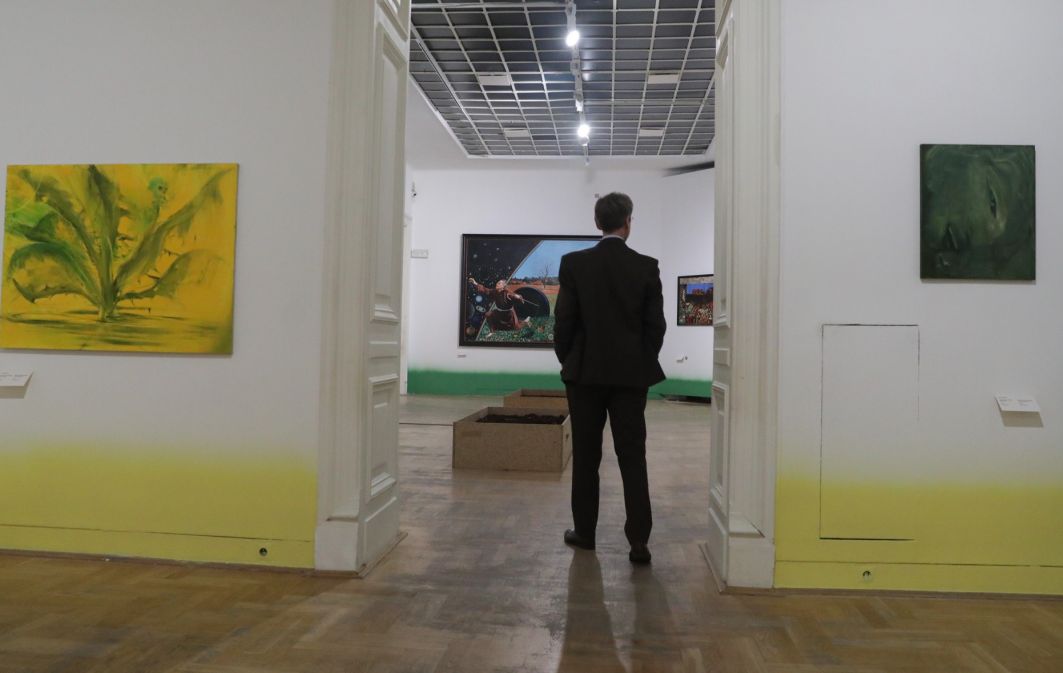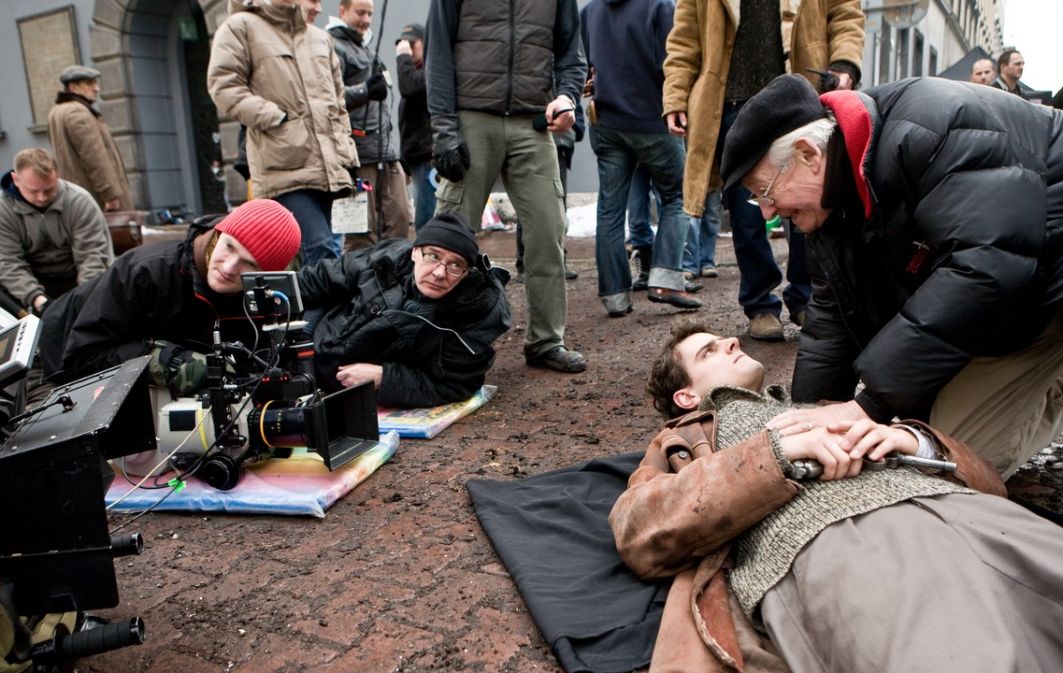He valued tennis games more, although he was most fascinated by football, which he called “great fun for boys”. He didn’t avoid public statements about football, comparing the role of a footballer to that of an actor in interviews and press comments. As a Cracovian by birth, he was a sworn supporter of Cracovia, he could name the composition of this team (as well as its competitors from near Wawel) from several decades ago. In Warsaw, he could be seen at the Legia stadium (often in the company of writers Stanisław Dygat and Tadeusz Konwicki or tennis coach Janusz Hellich), and when something happened on the pitch that annoyed him, he did not regret obscene exclamations (apparently also during theatre rehearsals he would spit an expletive at an actor who wasn’t trying hard enough).
Helplessness
It is difficult to say, however, that politics was a similar passion for him. Rather, circumstances got him into it. Thanks to “Dziady” by Kazimierz Dejmek from 1968, in which he played Gustaw-Konrad, his name is associated with the March’68 protests, and his 22-minute Great Improvisation was interpreted as an anti-Russian manifesto by the viewers (and by the authorities, who soon took “Dziady” off, causing student demonstrations).
Or maybe it was just misinterpreted? Holoubek both then and in later years – although he was friends with artists, such as Konwicki, who had long since said goodbye to communism – didn’t participate in the activities of the opposition himself. One may say: on the contrary. Together with his fellow actors (including Tadeusz Łomnicki, Wojciech Siemion and Daniel Olbrychski), he walked in May Day parades. After his role in “Dziady” the communists did not write him off and didn’t spare him positions and privileges, while he didn’t turn down. In 1972 he became the director of the Dramatic Theatre. In 1976 and 1980 he was “elected” to the Sejm of the Polish People’s Republic as a non-partisan representative of the Front of National Unity. – I thought that as an MP I would be able to solve many problems of the actor community. Soon, however, “MP-ing” became a threat to my freedom of conscience – he explained years later. He held the seat for six years, and in 1982, five weeks after the imposition of martial law, he decided to resign. Which didn’t affect his theatrical career; he continued to perform in theatres, on television and in films.
In 1989, he returned to the parliament, entered the Senate from the list of the opposition Solidarity Citizens’ Committee. But he also considered this meeting with politics a failure. – I became a senator and, together with my colleagues Szczepkowski and Łapicki, I fell into the clutches of parliamentarianism, obviously hoping to protect the interests of people working in the arts, especially in the theatre. Have my hopes come true? Feeling helpless, I withdrew – he commented.
Intelligentsia
There is no doubt, however, that theatre, acting and directing gave him full satisfaction. After graduating from the State Dramatic Studio in Kraków (later transformed into the State Higher School of Theatre), after a short engagement in the renowned Stary and Słowacki theatres in Kraków, he followed his former teacher Władysław Woźnik to the Wyspiański Theatre in Katowice.
 VISIT OUR WEBSITE AND GIVE US A LIKE
VISIT OUR WEBSITE AND GIVE US A LIKE 
After a decade, at the end of the 1950s, he was already in Warsaw. His debut role as Judge Cust in Ugo Betti’s “Corruption in the Palace of Justice” captured both the critics and the audience. To this day, this debut on the stage of the Chamber Stage of the capital’s Polish Theatre is referred to as one of his greatest achievements. “If an Oscar could be awarded for acting performances, I would give it to Holoubek for the role of Cust”, wrote professor Zbigniew Raszewski, a theatre historian.
It was after this staging that the term “clever actor” stuck to Gustaw Holoubek, and the artist zealously cultivated this image over the next years.
One can cite a well-known anecdote happening in Warsaw’ SPATIF. One day, the writer and actor Jan Himilsbach (who, in turn, presented himself as a simple man, and he had a good reason for that having once worked as a stonemason in Warsaw’s Powązki Cemetery) dropped into this bustling restaurant full of people. He looked around and shouted loudly: “Intelligentsia – get the f… outta here!”
Holoubek was then supposed to get up from the chair and say: – I don’t know about you, but I’m getting the f… outta here.
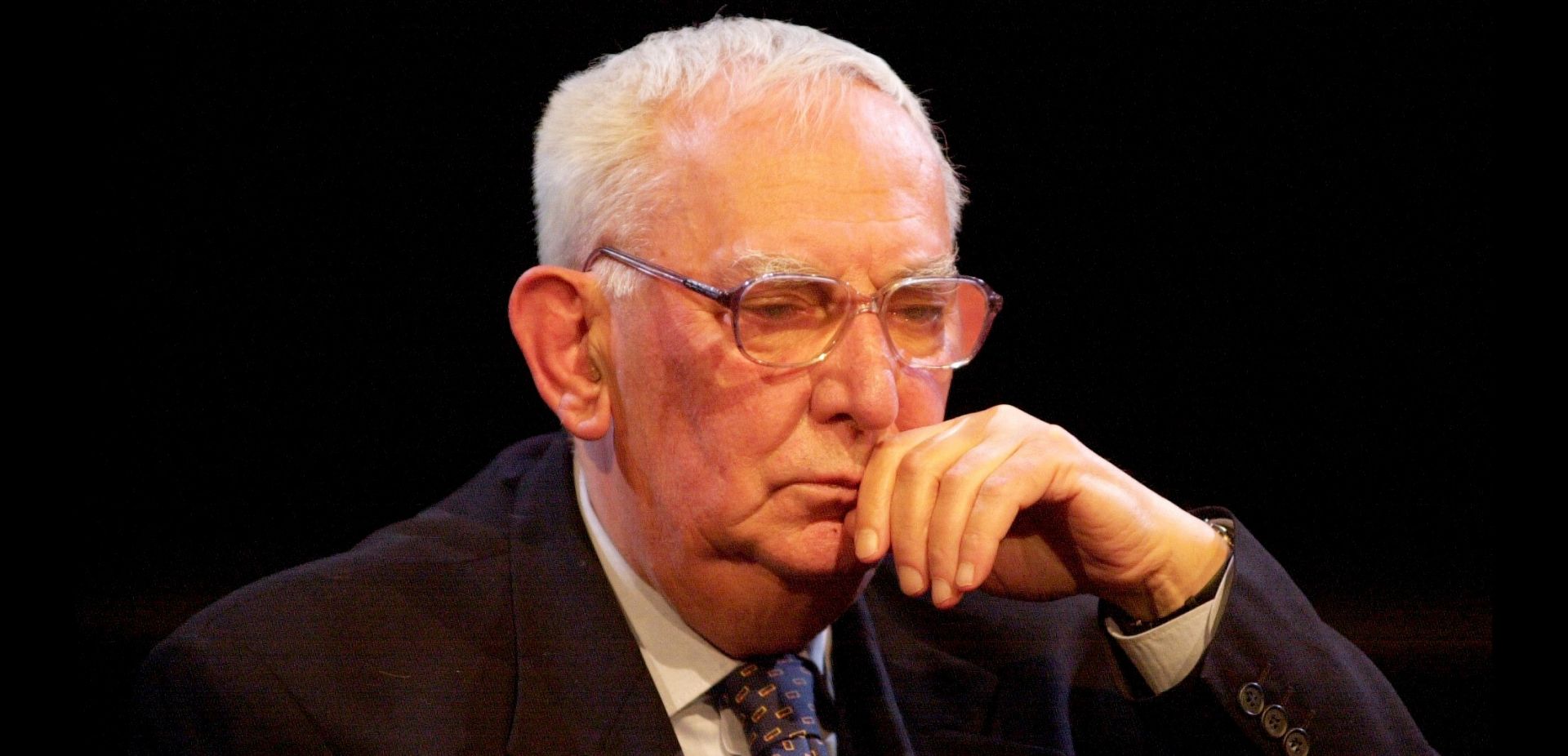
 VISIT OUR WEBSITE AND GIVE US A LIKE
VISIT OUR WEBSITE AND GIVE US A LIKE  After a decade, at the end of the 1950s, he was already in Warsaw. His debut role as Judge Cust in Ugo Betti’s “Corruption in the Palace of Justice” captured both the critics and the audience. To this day, this debut on the stage of the Chamber Stage of the capital’s Polish Theatre is referred to as one of his greatest achievements. “If an Oscar could be awarded for acting performances, I would give it to Holoubek for the role of Cust”, wrote professor Zbigniew Raszewski, a theatre historian.
After a decade, at the end of the 1950s, he was already in Warsaw. His debut role as Judge Cust in Ugo Betti’s “Corruption in the Palace of Justice” captured both the critics and the audience. To this day, this debut on the stage of the Chamber Stage of the capital’s Polish Theatre is referred to as one of his greatest achievements. “If an Oscar could be awarded for acting performances, I would give it to Holoubek for the role of Cust”, wrote professor Zbigniew Raszewski, a theatre historian.